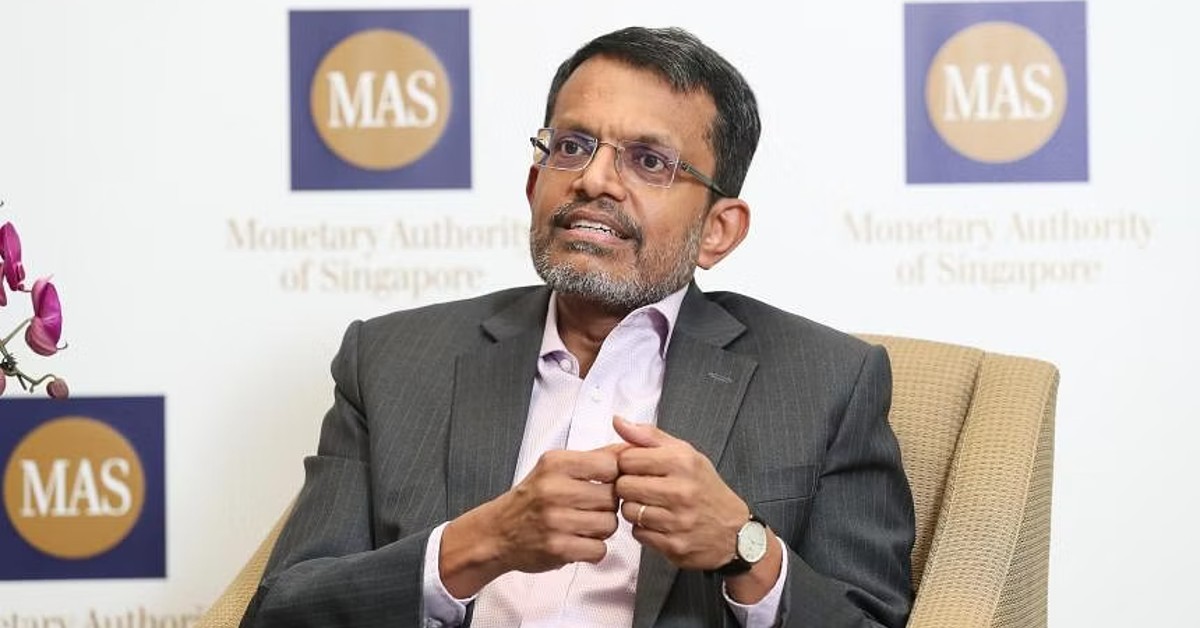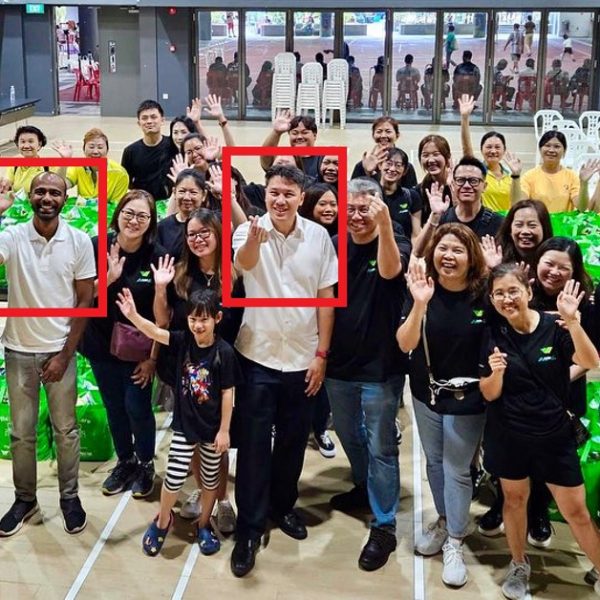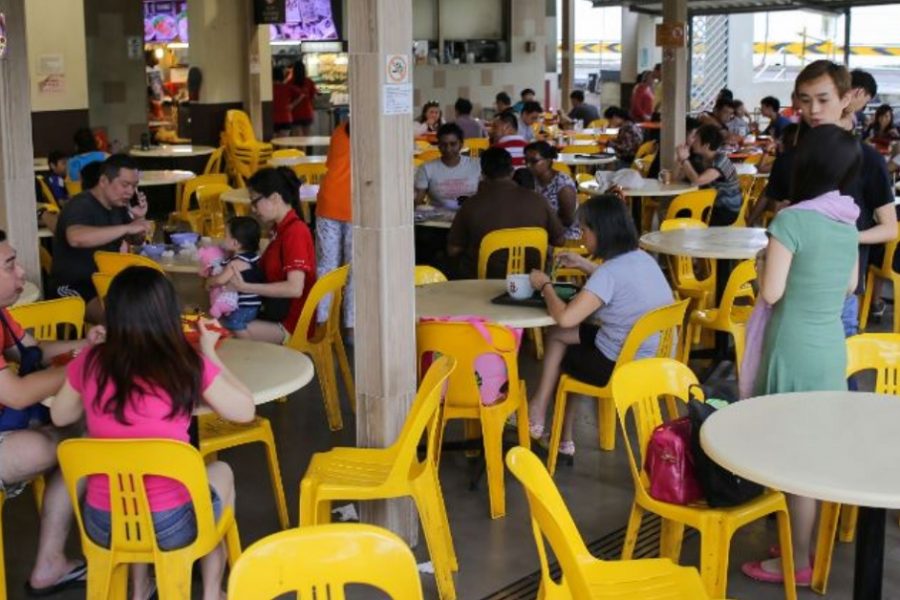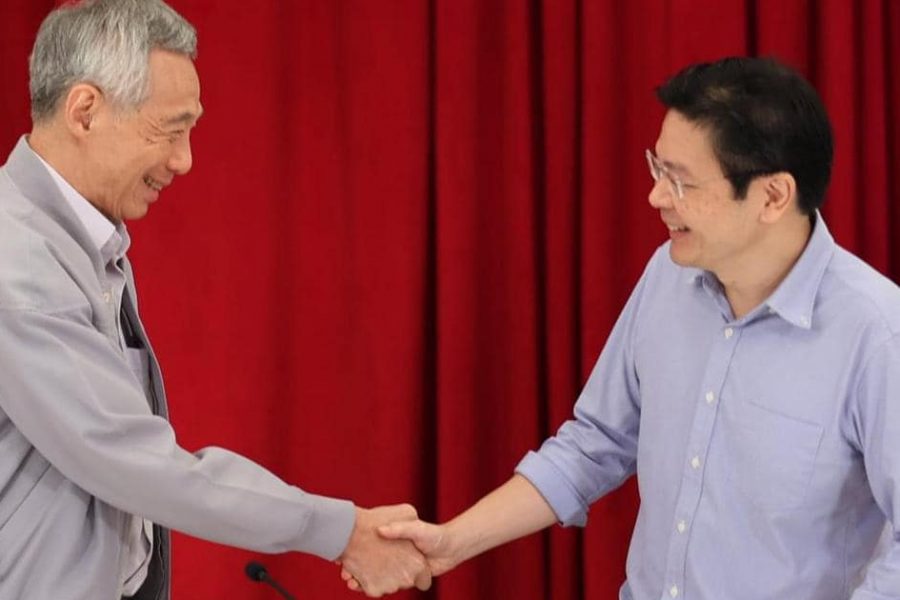By Pat Low – Out of nowhere, came news Ravi Menon will leave MAS by the end of the year, 3 months after he received agreement for an extension of service for another 2 years. No reasons were offered. In Aug 2021 I blogged about three wise men from MAS. On Menon, I sounded the alarm bell to watch out for “Gohfinger”, an allusion to Goh Keng Swee back in 1980s when he chopped off 1/3 of MAS headcount. I blogged about Menon and the reasons he may have fallen out of favor with the powers that be. Does his departure have anything to do with the S$30.8b lost last year? Or could his personal views on various matters which I blogged about have any bearing for his removal? This was what I wrote 2 years ago.
Current MAS MD Ravi Menon has been vocal lately on some local hotbed issues. He has commented on issues very much outside the purview of monetary policy matters. Ricemedia has made a nice summary of the points Ravi has brought up. You can read about them in this article by Ivan Wu :
“Has Ravi Menon Gone Rogue? Or Do His IPS-Nathan Lectures Signal a New Direction?”
The key controversial points Ravi discussed (the italics are Ravi’s position, the comments are mine):
1. Meritocracy is at risk of becoming heritable.
This is Ravi’s gentle way of saying what we all have known all along. Meritocracy has embedded a ruling elite class. There is an incestious relationship of this elite class in all facet of life on our little island. In government, in licensing or regulatory authorities, judiciary, grass roots, GLCs, etc. Conflict of interest situations are everywhere. This has resulted in economic capture and inequitable opportunities and wealth distribution.
2. Discontinue depending on cheap foreign labour and depress wage levels.
I interpret this as a criticism of CECA, unless anyone can convince me otherwise. Ravi shares the ordinary Singaporeans’ experience of massive job displacement and suppressed wage levels.
3. A higher wage does not mean loss of Singapore competitiveness.
Ravi is right that a highly digital and service-oriented economy can compete with a higher labour cost. Whilst policy focus is moving Singapore head on into the digital world, the government’s model is to build it on the back of cheap labour. We can’t have our cake and eat it too.
4. Ravi is pro-wealth tax.
Real estate valuation has been a major cause for growing wealth gap in Singapore. Ravi shares the view that some form of wealth tax is necessary to lower the wealth inequality. Some forms of property gains and inheritance taxes may be required. Well, we all know millionaire parliamentarians will all wake up and protest with legacy warnings of capital and talent flight hurting the economy and loss of jobs. Wealth tax is always a good option, just don’t take mine.
5. Some form of minimum wage is necessary.
The government has rejected minimum wage and adopted the progressive wage model. Minimum wage has always been rejected in a free economy which prefers market forces to determine the level. However, this is frustrated by the non-protection from entry of foreign cheap labour. Progressive wage is a nanny-state model to be implemented by various sectors. In theory sounds nice, in reality is a cobweb for abuses and non-compliances. My view is stop the CECA free flow of cheap labour and market forces will find its equilibrium for wage levels.
6. Ravi suggested some form of unemployment benefits or insurance.
Of course Singapore government always frowns on such socialist policies as counter-productive. This is actually one social umbrella Singapore lacks in comparison to other advanced economies. I think a few months cover is good for the specific situation for loss of job due to redundancy or company closures.
It does seem Ravi’s voice is bold and in consonance with many progressive minds all over the world. Here is a representative for the Singapore Proletariat. Yet what Ravi expounded above are nothing extraordinary. They are narratives of many ordinary Singaporeans and opposition members. Many influencers who have spoken out on these matters have been criticised as promoting destructive pathways for our economy. What will the Bolsheviks think of an internal criticism by a very pro-establishment personality?
Ravi has been very careful to make it known his views are personal and not official central bank thinking. He certainly needed to make it known it is a non-political articulation. Has he ruffled some feathers? That is obvious. The first indication that the ground has soured for him will be when some underlings in the echo chamber of parliament revisits the issues and dumb down his contrarian views. Are there progressives within the cabinet who share his views? If there are, we have not heard from them. That this hasn’t happened could be the management of the pandemic has priorities at the moment. It does not signal that the emperor is happy with a challenge of ideas. The traditionalist clique within the ruling party are still very much alive. Ravi may have to watch his back for the ghost of GOHFINGER.
[This is an abridged version of the blogpost ‘Three wise men of MAS – the good, the bad, and the ………rogue?’. To check out the full version, click here.]





